– What is life like today for Hungarians in Ukraine, especially when they're essentially caught between two fires — the Russians and the Ukrainians?
– That’s a difficult question to answer. I’ve been living in Hungary for the past four years because Ukrainian authorities have forced me out of my homeland. So, I can only speak based on what I hear from those still there, and what I can gather from the media. There is an ongoing war, and the situation in Ukraine is catastrophic for everyone — including the Hungarian community. Tens or even hundreds of thousands of people — no one knows the exact number — have died or been seriously wounded. And there’s no end in sight, which leaves people hopeless. There is no telling when peace will come. The situation for the Hungarian community in Transcarpathia is further worsened by the closed borders, since men and those working in certain professions are not allowed to cross into Hungary, which has extremely serious consequences. Families have been torn apart, as many Transcarpathian Hungarians — mostly men — have relocated to Hungary, making the situation even more difficult. Disenfranchisement and the incitement against Hungarians, as a general trait of recent years, have made things catastrophic.
– Some suggest that this anti-Hungarian sentiment is perhaps being fueled from Hungary itself.
– In Hungary, the press has been closely covering the situation in Ukraine, especially developments in Transcarpathia and the plight of the Hungarian community there. Sadly, anti-Hungarian sentiment is nothing new for Transcarpathian Hungarians. These patterns have existed for some time and intensified after 2014, when much of the Ukrainian media began a deliberate and extremely aggressive anti-Hungarian campaign — both against the Hungarians of Transcarpathia and against Hungary itself. Incidents occurred that would have once been unthinkable: the repeated vandalism of the Verecke Memorial; demonstrations where people chanted “knives for the Hungarians”; and, at the peak of it all, the arson and bombing of KMKSZ's headquarters — twice within a month. Ukrainian law enforcement harassed representatives of the Hungarian community, launched criminal proceedings against Hungarian foundations, and carried out house searches. On the Mirotvorets website, hundreds of Hungarians were labeled enemies of Ukraine and had their personal details published.
– Can any responsible Hungarian politician claim that the Hungarian government had prior knowledge of the church arson in Transcarpathia, especially given how tense the situation is and that Ukraine is at war with Russia?
– These accusations are irresponsible, false, and completely unfounded. This is nothing but an attempt to stir tension—both against Hungary and against the local Hungarian community. And it’s not true. In fact, several people in Transcarpathia were aware that the Ukrainian police had information suggesting that some act of vandalism or arson was being planned in Palagykomoroc. That’s why the local Reformed church was under continuous surveillance — because there were reports of a possible attack. In the end, however, the arson occurred not there, but at the Greek Catholic church. The suspect was arrested. The suggestion that the Hungarian state was involved is not only baseless — it seriously harms Hungary, damages Ukraine-Hungary relations, and endangers the Hungarian minority in Transcarpathia. And it simply is not true.
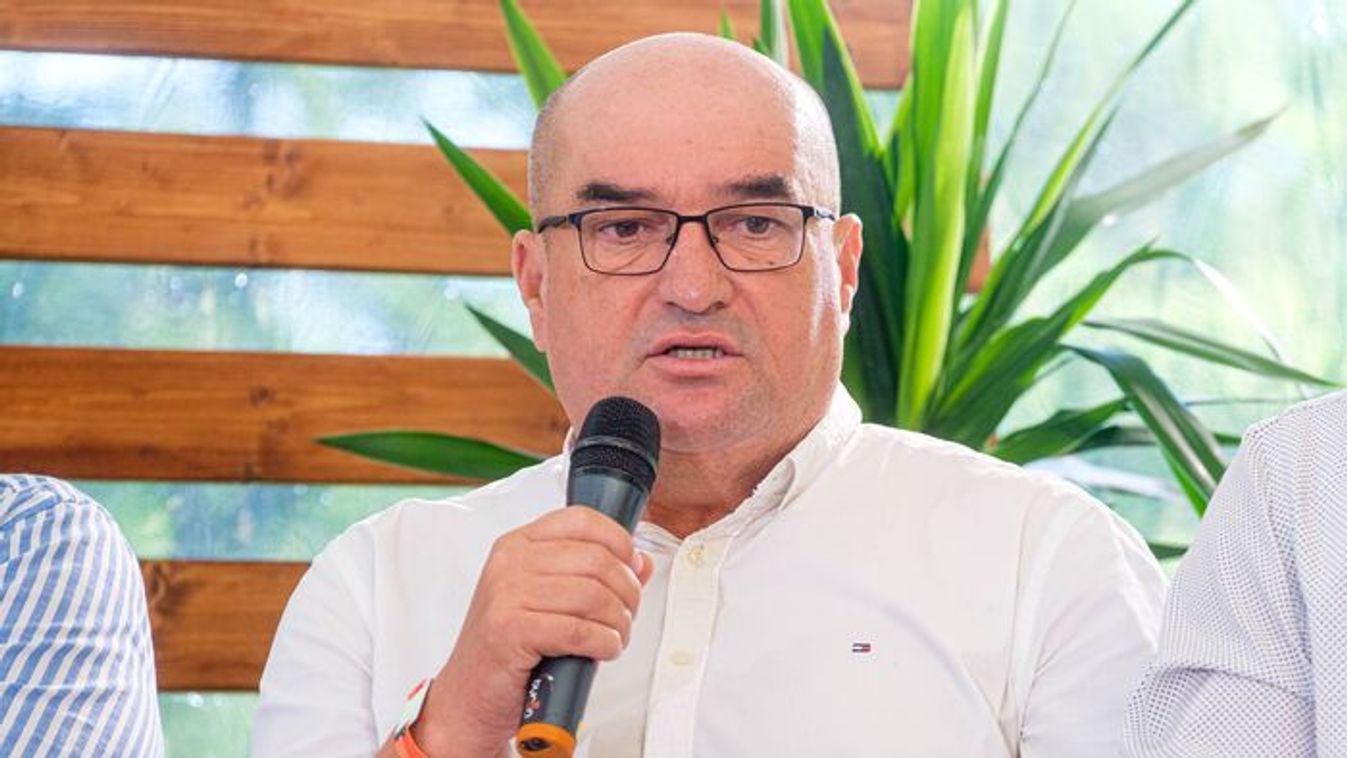
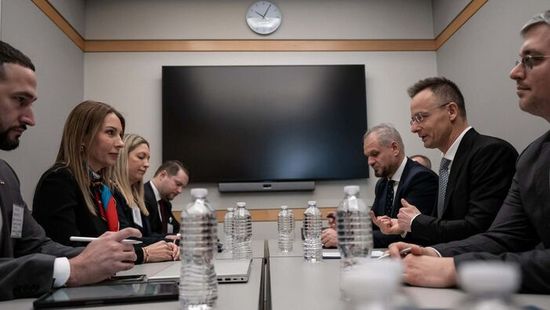
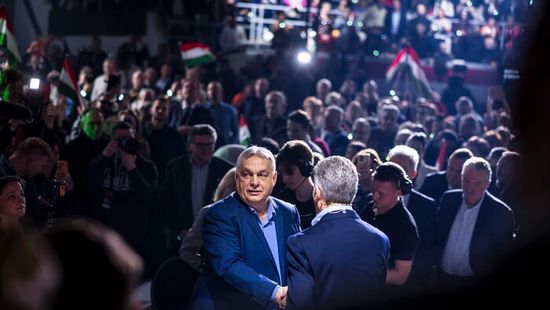
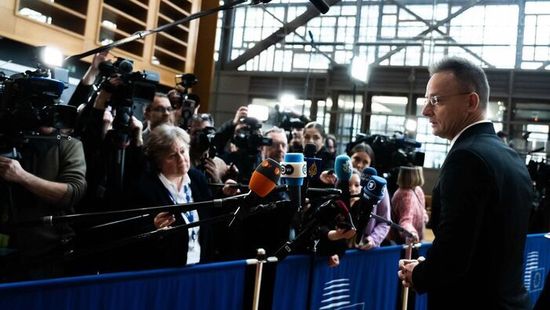
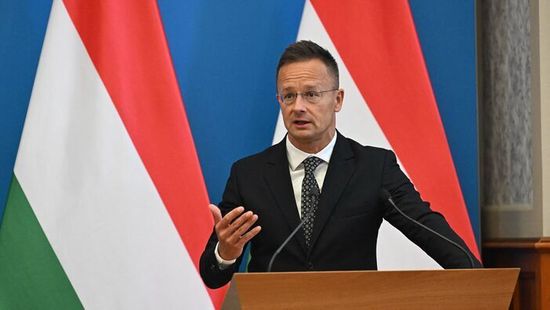

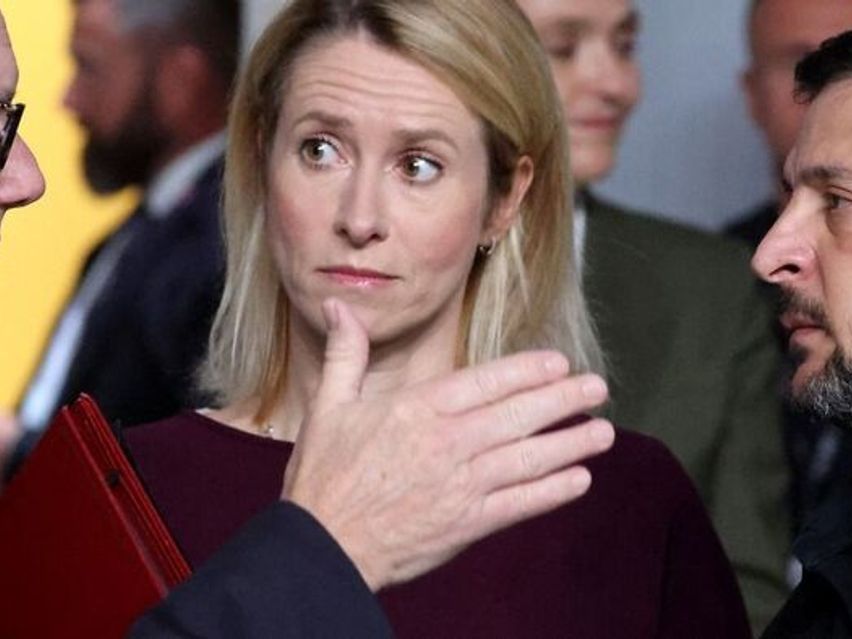
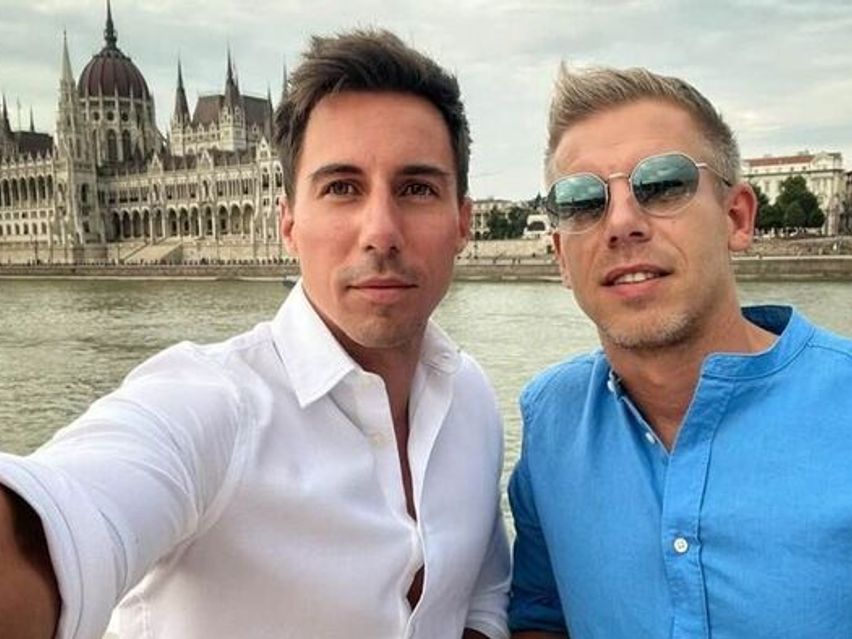
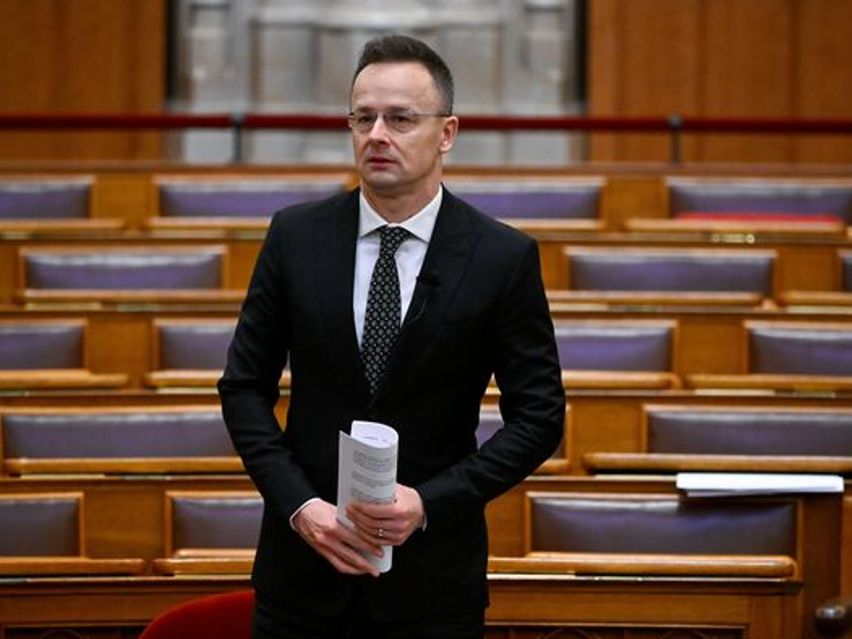


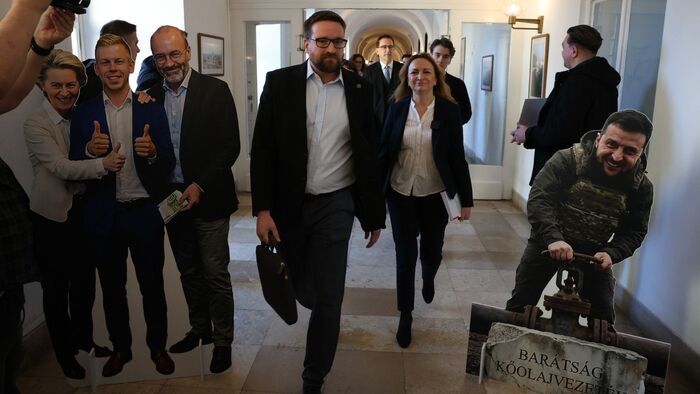
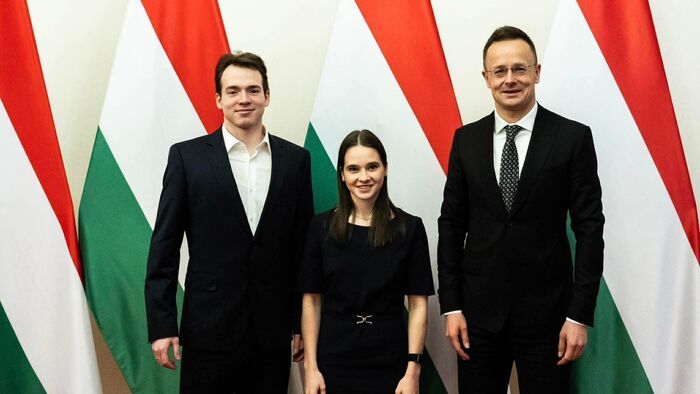
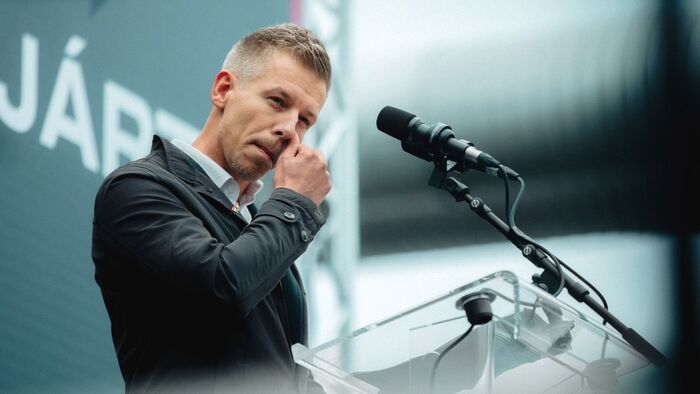
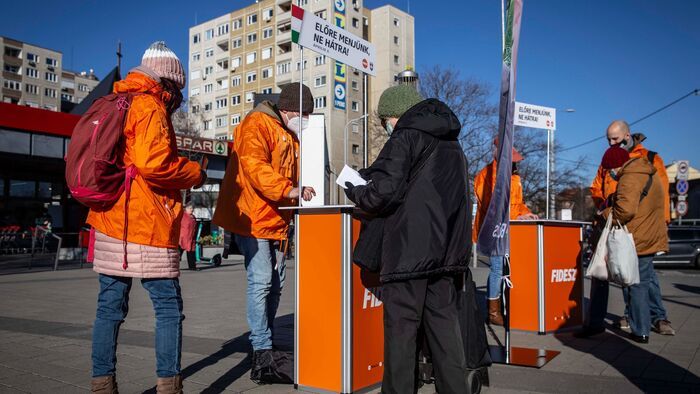
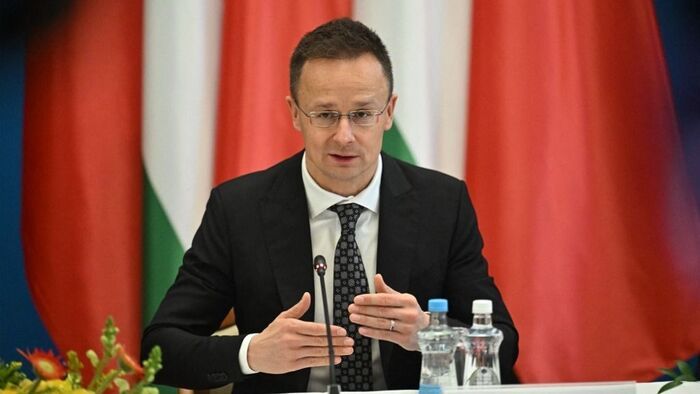
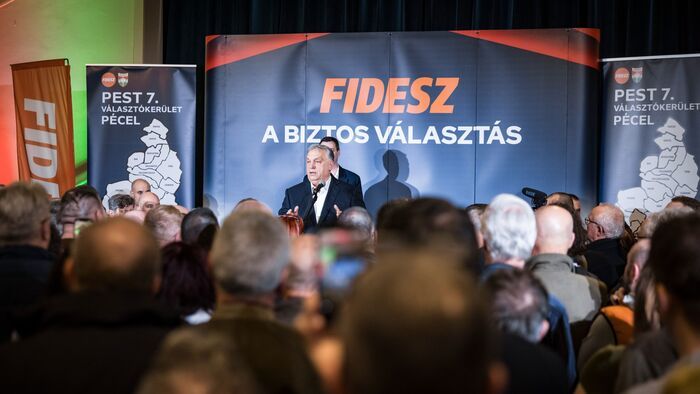
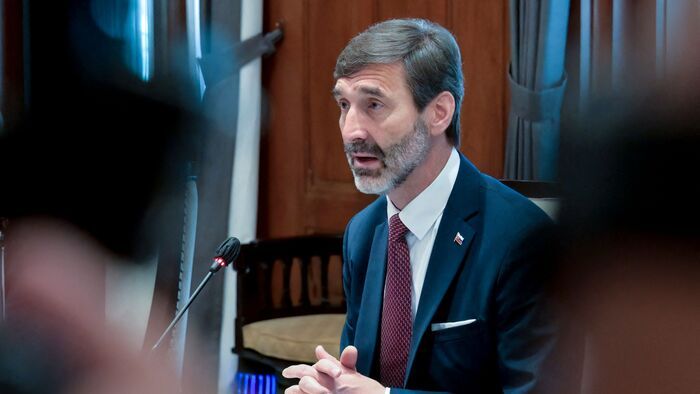

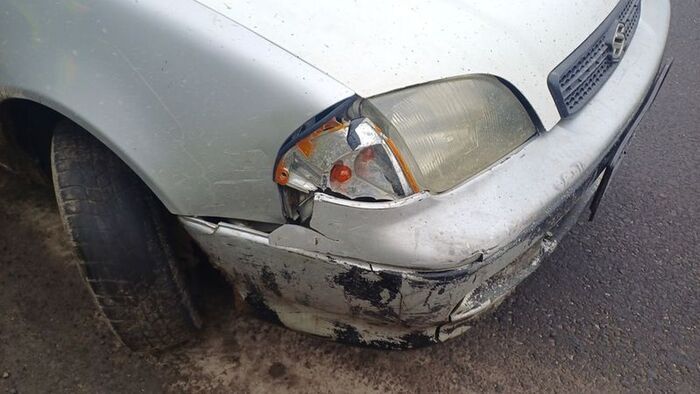



Szóljon hozzá!
Jelenleg csak a hozzászólások egy kis részét látja. Hozzászóláshoz és a további kommentek megtekintéséhez lépjen be, vagy regisztráljon!